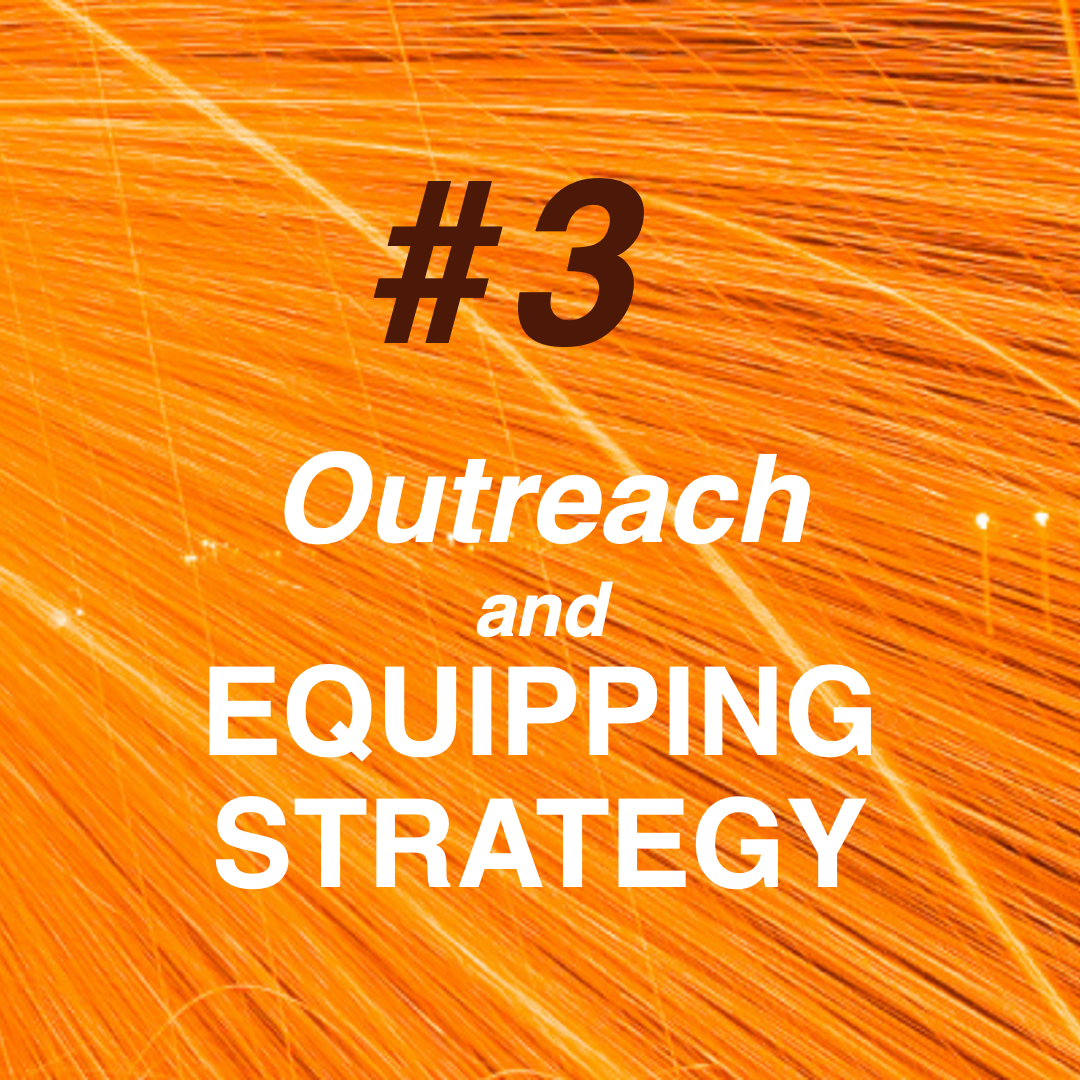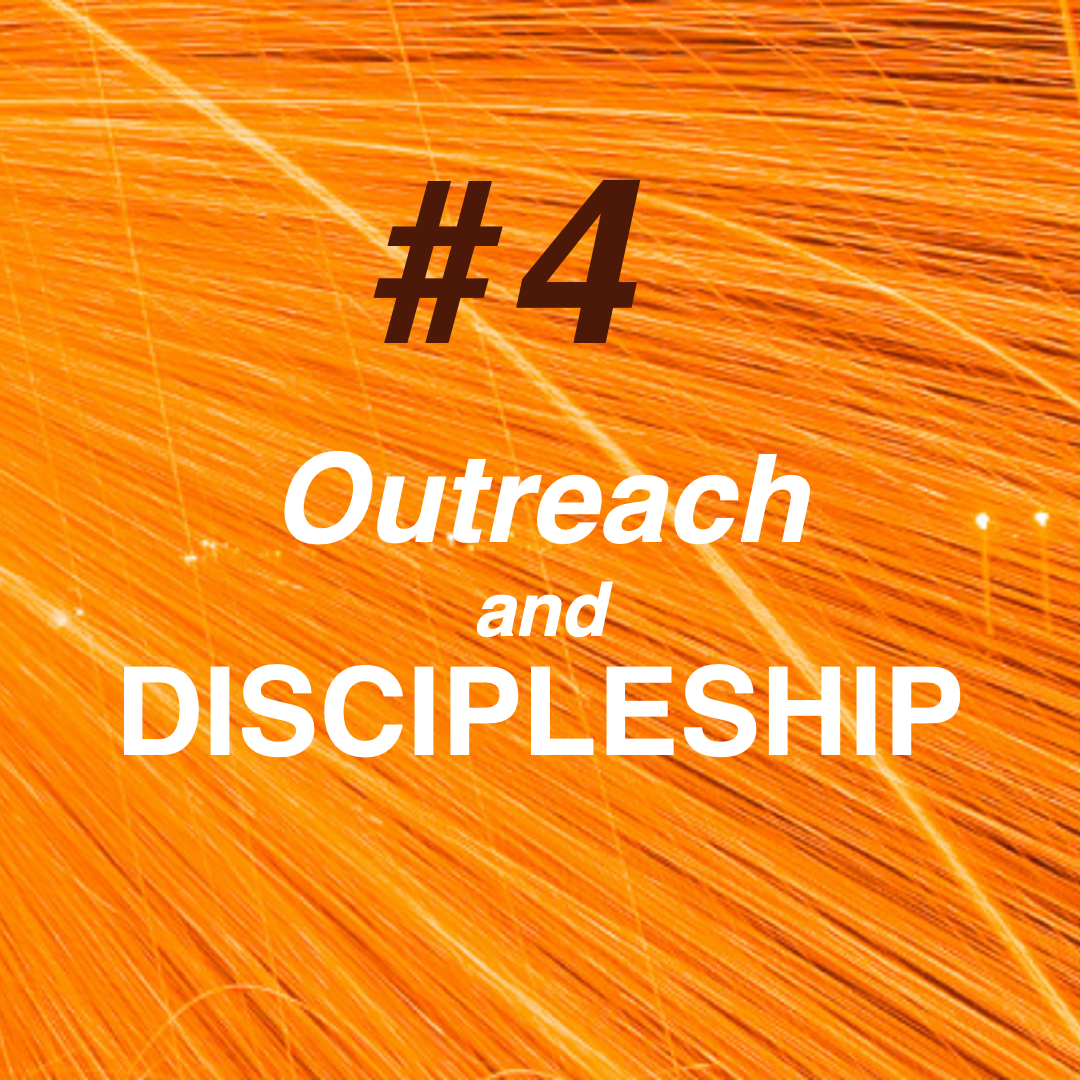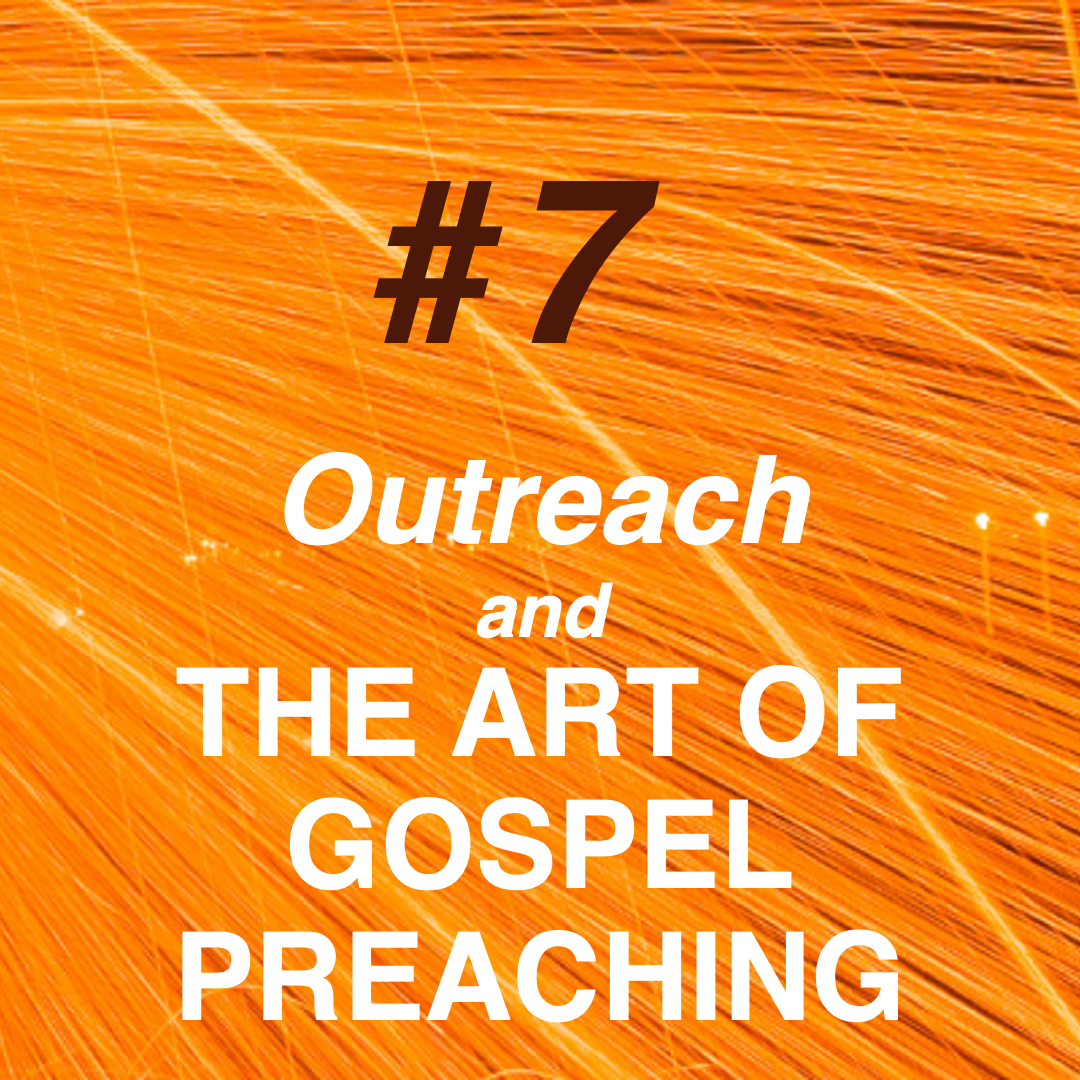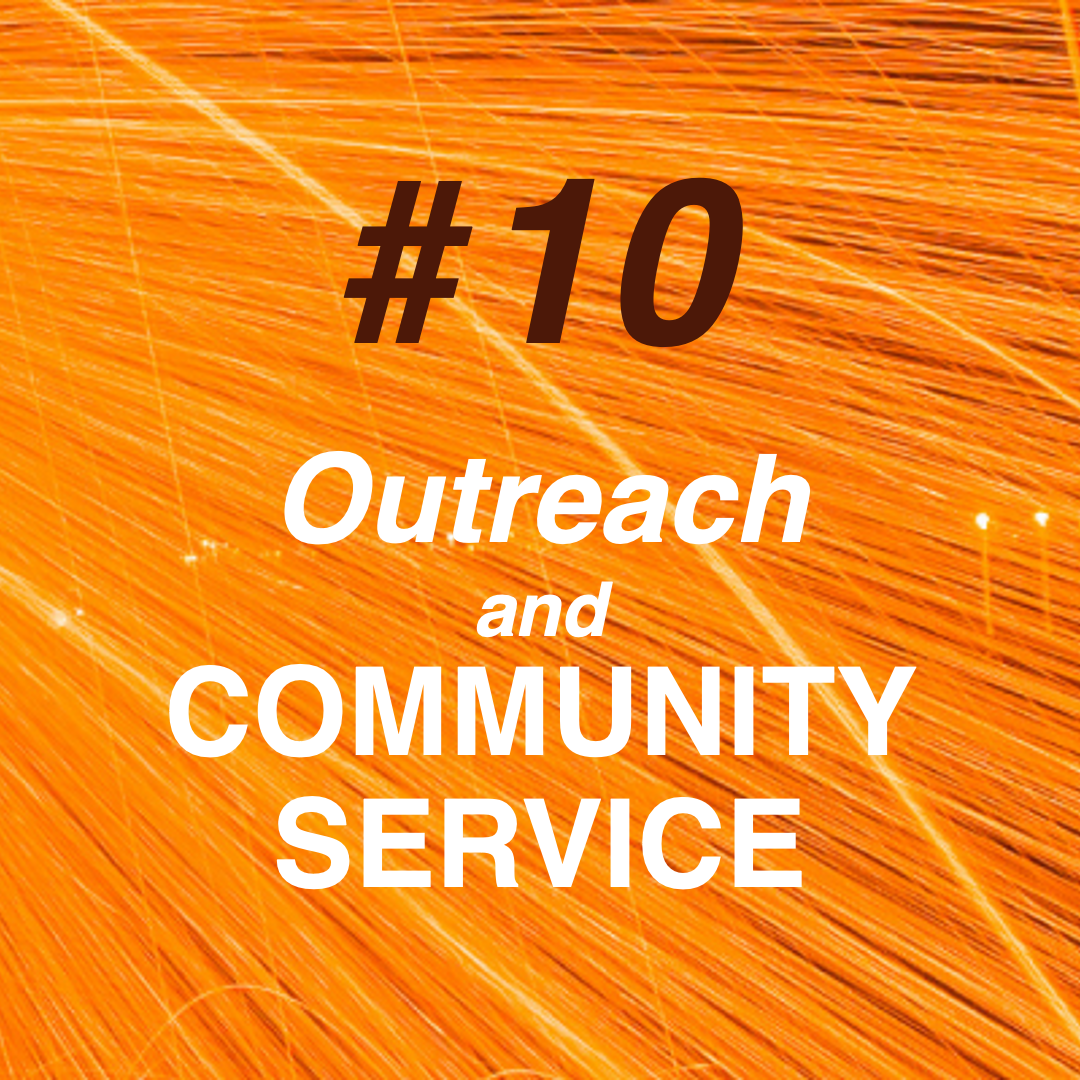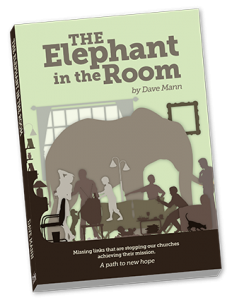
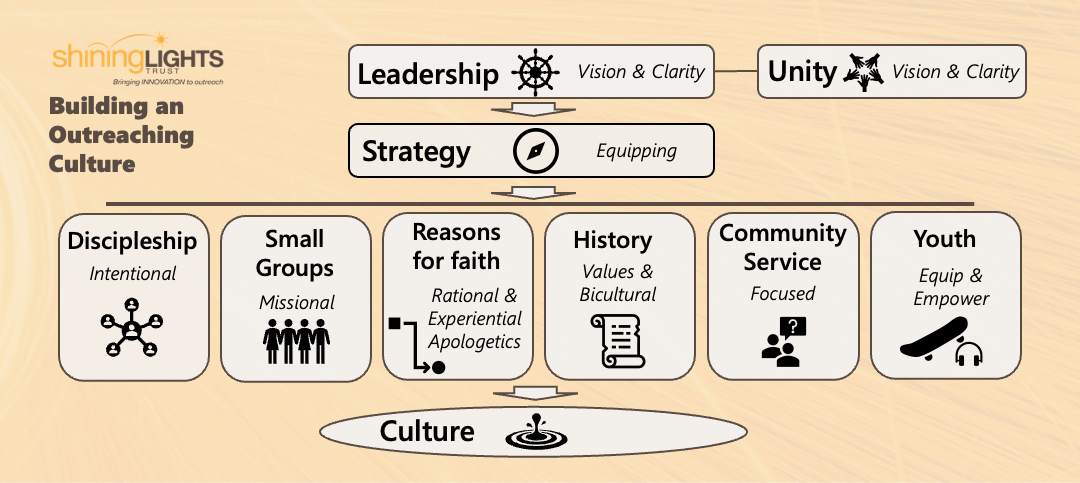
Do you want to see new people choosing to be followers of Jesus through the witness of your church and its members?
If so, your desire alone won’t make it happen. There is no single key to ensuring this happens also. Health in outreach is the result of multiple factors working together.
With this in mind, the following articles outline what a holistic approach to outreach can look like if we make the outreaching culture of our members the goal, rather than programmes.
The underlying encouragement is that you pursue the development of an authentic outreaching culture within your members – which will naturally then find expression in each individual’s personal life, as also through your church as a whole, including through your small groups, the youth group, and community ministries.
For most churches, applying what’s covered in these chapters won’t require more work than not applying it. The difference proposed is almost entirely in the intentionality we bring to what we do.
This is about learning to lead with an awareness of the habits and culture our actions create not just the content we deliver. Both are important – and this resource will help with both.
Click on individual topics below to read online or download the PDF’s via links underneath.
If we don’t establish a minimum standard for our outreach equipping and focus as churches, the natural tendency will be toward not having a standard. This article looks a possible minimum standard – though only so we can then consider the leadership HABITS that might be necessary to achieve that level of equipping and mobilisation in a SUSTAINABLE way. This is about taking responsibility for your ‘church culture’.
This article explores the importance of church unity for outreach, considering the goals and attitudes necessary for health in a practical unity – while also acknowledging the challenges of achieving that . Health in our wider witness involves…1. Individual effort 2. Small group effort 3. Congregational effort and 4. United effort.
Leading a congregation into its MISSION is one of the most important responsibilities of a local church leader – while many do abdicate this primary role. It isn’t automatic that this happens. It needs choosing. This article covers three areas: 1. Will you EQUIP? 2. Will you intentionally ENCOURAGE? 3. Will you EMPOWER with a practical vision? This is about how we make the mission given the Church the authentic and actual mission of our local churches.
Five important areas of building an intentional disciple-making culture are covered, with realistic measurable results as the end-goal. There is a perspective here that can only be caught, freeing ‘discipleship’ from association with ’teaching’, opening it up to an intelligent and engaged conversational and storytelling-based approach, enacted with intentionality through the fabric of everyday life and conversation.
This article explores the specific and important question; What is the mission of the church small group? It includes leadership habits for how to build a culture of outreach in small groups and shares many resources.
Some of the most critical ‘gospel gaps’ in the NZ Church as a whole are in the youth ministry arena. This article has relevance to church and denominational leaders as much as youth leaders, because it is relevant to the wider success of our God-given mission. This article explores the various age brackets within youth ministry and proposes a combination of strategies and perspectives that would unavoidably make a difference if applied.
How compelling is our gospel preaching as NZ churches, and how could this be strengthened? This article covers five encouragements on how to revitalise the art of gospel preaching on the platforms our churches have.
How important is ‘apologetics’ – with both rational & experiential evidences for our faith in view? We suggest this area of knowledge, witness and conversation is more important to the discipleship and witness of our churches that is generally recognised. This article covers areas including understanding the problem, evidence and storytelling as a mechanism – with simple practical actions steps proposed.
If the perspectives the public hold of our faith are the natural starting point of the ‘God conversation’, this makes whatever has shaped that perspective highly important. It is in this context that we recognise the truth of the statement, “Those who tell the history write the future.” This article illustrates the significance of both our bicultural and values histories as a nation, and the resulting importance of a reviving of the art of storytelling amongst our churches and their members.
Many New Zealand churches are engaging very well within their communities, meeting needs. Not so many, however, are managing to keep the ‘CHRIST’ in our ‘CHRISTian’ love and service. The key solution is to understand that people reach people; not programmes. How then do we position the intentionality of our people – so the good message doesn’t become too distant from our good works? This article includes case studies, also including varied sizes of churches.





